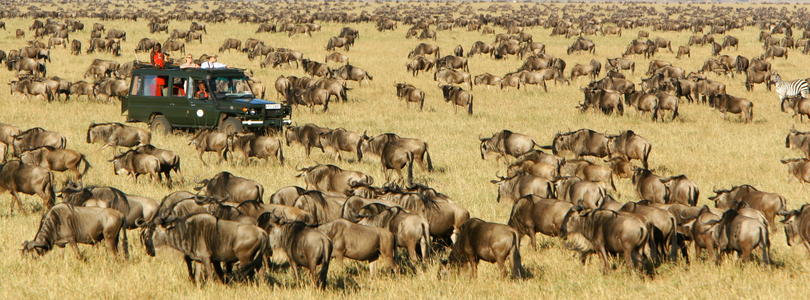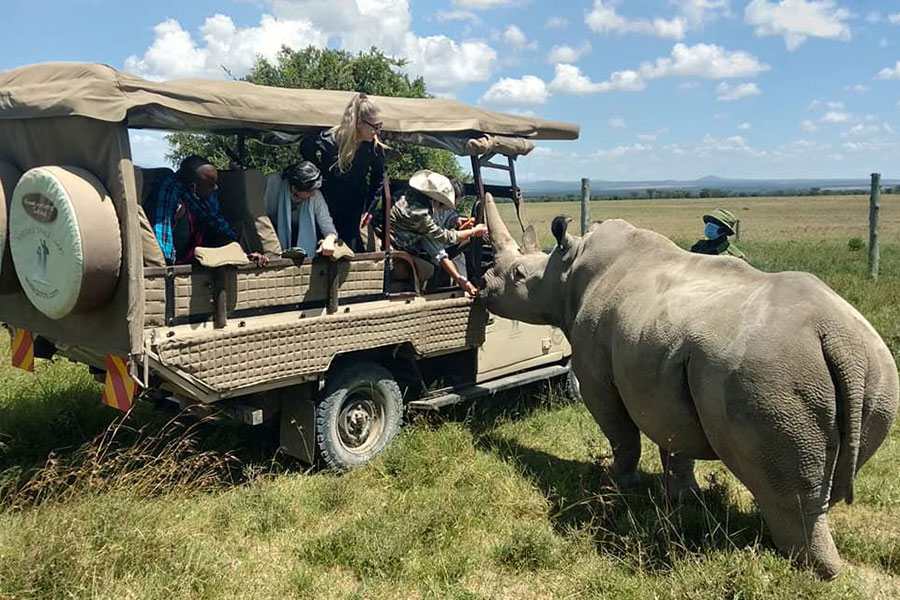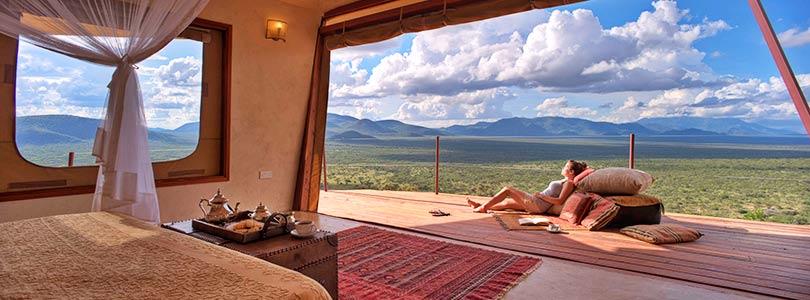Recommended Tips To Selecting Island Snorkeling In Mombasa
Wiki Article
What Transportation Arrangements Should I Be Aware Of When I Am On Vacation In Mombasa?
It is important to plan your trip in Mombasa Kenya by being aware of the transportation options available. This will guarantee a pleasant and smooth journey. Here are the main transport options you need to consider:
1. How do I get to Mombasa
Through Air: Moi International Airport (MBA) is the principal airport that serves Mombasa. It handles domestic and international flights. Mombasa is easily accessible via several major airlines.
By Train By Train: The Madaraka express, run by Kenya Railways provides a comfortable and modern rail service that runs from Nairobi to Mombasa.
Bus: Numerous bus companies offer services to and from Mombasa such as Modern Coast and Coast Bus.
2. Local Transportation in Mombasa
Taxis and Ride-Hailing services are readily available. Uber and Bolt ride-hailing service are readily available in Mombasa.
Tuk-tuks are three-wheeled vehicles which are well-known and inexpensive to travel in cities. They are great for shorter distances.
Matatus is a kind of minibus for shared use that has a predetermined route. It's the most popular public transport. They're a low-cost option but they are crowded.
Boda-bodas: Motorcycle taxis are also readily available for speedy and simple transport, especially for short distances or areas with heavy traffic.
3. Car Rentals
Self-Drive Car Rental Services are available in the city and at the Airport. Rental companies, both local and international provide a variety of cars. Keep in mind the local driving rules and regulations.
Chauffeur-driven services are available for those who do not want to drive.
4. Ferry Services
Likoni ferry The ferry connects Mombasa island with the southern part of the mainland city. The ferry is necessary to access the southern beaches. It is free for pedestrians. Vehicles are required to pay.
5. Excursions and day trips
Tour operators: Many tour operators organize excursions to popular tourist destinations such as the Mombasa Marine National Park and Fort Jesus as well as close beaches like Diani and Nyali. A majority of these excursions include transportation.
Public Transport: Individual travellers can make use of a matatus taxis and tuktuks to a variety of places.
6. Cycling and Walking
Bicycle Rentals: Certain regions, particularly along coast, have bikes for rent to explore the area.
Walking is possible at certain locations in Mombasa. This includes the Old Town and the areas along the beach.
7. Travel Tips
Use taxis only when they are reliable and avoid public transportation at night. You should be careful with your valuables.
Negotiation is necessary to get taxis and Tuk-Tuks. Since meters aren't widespread, you'll have to negotiate prior to your trip.
Traffic: High traffic volumes are expected during peak hours around the Likoni Ferry, central business district and other areas.
You'll be able to enjoy a relaxing and stress-free journey to Mombasa if you understand the various options for transportation and make the necessary arrangements. Take a look at the most popular Kenya safaris for site recommendations including tours and safaris, kenya safari tours, tour company, tour company, luxurious african safari, african safari kenya, tour agents in kenya, safaris beach, africa safaris and tours, tour mombasa and more.

What Are The Weather Considerations Must I Be Aware Of Before A Vacation In Mombasa Kenya?
It is essential to know the weather patterns of Mombasa before you pack and enjoy your time off. Here are some key factors to consider:
1. Climate Overview
Mombasa enjoys the tropical climate, which means all-year-round high temperatures. Expect warm temperatures ranging between 24degC to 32degC.
2. Seasons
This is a time of high temperatures, and high humidity. The peak tourist season occurs between December and January.
Long Rains April to June: The rainy seasons is characterized by heavy rains and thunderstorms. Roads can become muddy and make it difficult to travel. The season is not busy for tourists.
Cooler season (June to October) The temperature and humidity levels are the lowest during this time. It is a pleasant weather, perfect for outdoor activities.
Short rains (October to November): These are short showers of rain that are less intense. The rains tend to be short, but are followed by sunshine.
3. Packing Tips
Wear lightweight, breathable clothes such as linen or cotton to keep cool during hot weather.
Rain Gear - If you're traveling during rainy season ensure you bring a jacket with a water-resistant coating, an umbrella, and footwear that is waterproof.
Sun protection wearing a hat with a broad brim, wearing sunglasses and wearing light clothes that cover your skin will provide protection from the sun.
Swimwear is essential for the beach and hotels pools.
4. Weather-specific activities
Beach Time: The ideal time to visit the beach is from June until October, during which the weather is nice and the sea conditions are good.
From November to March, the calm and clear waters are ideal for water sports such as diving, snorkeling and more.
Wildlife watching: The cooler temperatures (June to October) is a great time to take safaris or go on wildlife excursions.
5. Health-related Considerations
Hydration: Keeping hydrated is vital for those living in the hot, humid climate. Drink plenty of fluids, particularly when you're spending time outside.
Heat-Related Conditions: Be alert for heat exhaustion, heat stroke, and other heat-related illnesses. Wear loose fitting clothing and avoid vigorous physical activity in peak heat.
6. Travel Adjustments
Rainy Season Travel: Be ready to be faced with delays and disruptions if you visit during the season of rain. There could be road closures and restrictions regarding outdoor activities.
The rainy season can lead to delays to flights. Be aware of your travel plans and plan contingency plans.
7. Environmental Considerations
Natural Hazards - Know that heavy rains can lead to flooding. Keep yourself informed of weather conditions and heed local advice on safety.
Remember to be aware of tides. They can be very different. Be sure to check the tide schedule for your locale prior to swimming or beachcombing.
If you understand the importance of the weather, then you'll be in a position to plan your trip carefully, pack properly and make sure that your stay in Mombasa is secure. Check out the recommended Airport transfer to Mombasa for blog examples including trips to kenya safari, safari excursions, kenya beach and safari holiday, kenya safari packages, mombasa packages, tours and safaris in kenya, mombasa beach kenya, afri safari, safari trips in kenya, safaris beach and more.

What Environmental Responsibilities Should I Be Aware Of During My Time In Mombasa Kenya?
To safeguard the beauty and variety of Mombasa in Kenya, it is vital to be environmentally conscious. Take note of these environmental responsibilities:
1. Sustainable Accommodation
Eco-friendly hotels: Choose a hotel that practices sustainability. Look for eco-friendly certifications from Eco-Tourism Nairobi as well as other eco-labels.
Take part in the hotel's initiatives to save water. Reuse linens and towels, turn off lights and air conditioning when they are not in use.
2. Responsible Wildlife Viewing
Respect wildlife. Keep the distance of animals to ensure that you do not cause disturbance to them. Follow the directions of your tour guide.
Do not feed wild animals. Feeding wildlife could cause disruption to their normal behaviours and habits of eating.
Leave No Trace. Do Not Litter in wildlife reserves or parks. Be sure to take all trash along, and dispose it properly.
3. Plastic Reduction
Do not use products with a single use. Carry a reusable water bottle as well as a shopping bag and tools.
Encourage Local Initiatives: Join in or help local beach clean-up efforts and organizations that work to reduce the impact of plastic pollution.
4. Water Conservation
Mombasa is facing water shortage issues. Switch off the water taps and take shorter showers.
Eco-friendly products: Use biodegradable or eco-friendly toiletries in order to limit water pollution.
5. Energy Conservation
Reduce energy consumption by limiting air conditioning use and unplug electronic devices when they are not in use.
Make sure you choose accommodation and tour operators that make use of renewable energy sources.
6. Sustainable Transportation
Cut down on your carbon footprint by taking public transportation, like matatus or buses, as often as it is possible.
Alternatives to go green: Think about renting bikes or walking short distances. Some areas have eco-friendly tuk tuks.
7. Supporting Local Economic Development
Buy Local: Purchase items such as souvenirs, items for crafting and even food items locally to support local businesses.
Fair Trade: Choose fair-trade certified products to ensure that farmers in the area get fair compensation.
8. Environmental Education
Learn and Share Be educated on the environment in your area, as well as conservation efforts. You can share what you've learned to help raise awareness.
Respect Local Cultures. Understand and respect customs and local practices that are related to the protection of natural resources.
9. Marine Conservation
Scuba and Snorkeling: Be careful not to step on coral reefs. Make sure you use sunscreen safe for reefs to protect marine life.
Avoid disposing of trash in the ocean. Participate or support marine conservancy programs.
10. Ethical Souvenirs
Avoid wildlife products Avoid purchasing products made of endangered species like tortoiseshell or ivory.
Sustainable Materials: Choose souvenirs made from recycled or sustainable materials.
11. Join in the Conservation Activities
Think about volunteering in tourism for the community or conservation initiatives.
Give or help local conservation organizations and NGOs who work to protect the environment.
12. A responsible traveler is a great idea
Small groups of travelers can minimize environmental impact.
Eco-Tours: Choose tour operators who follow green practices and are committed to sustainability.
It is possible to help protect Mombasa's natural resources by bearing in mind these environmental responsibilities. This will ensure that the beauty of the region and its biodiversity are preserved for the future generations. Read the best kenya holiday packages for more tips including safari company kenya, trips to kenya africa, africa tours, kenya safari holiday packages, african safari packages, trips to kenya safari, kenya safari tours, kenya safari packages, tours and safaris, kenya safari holiday and more.
